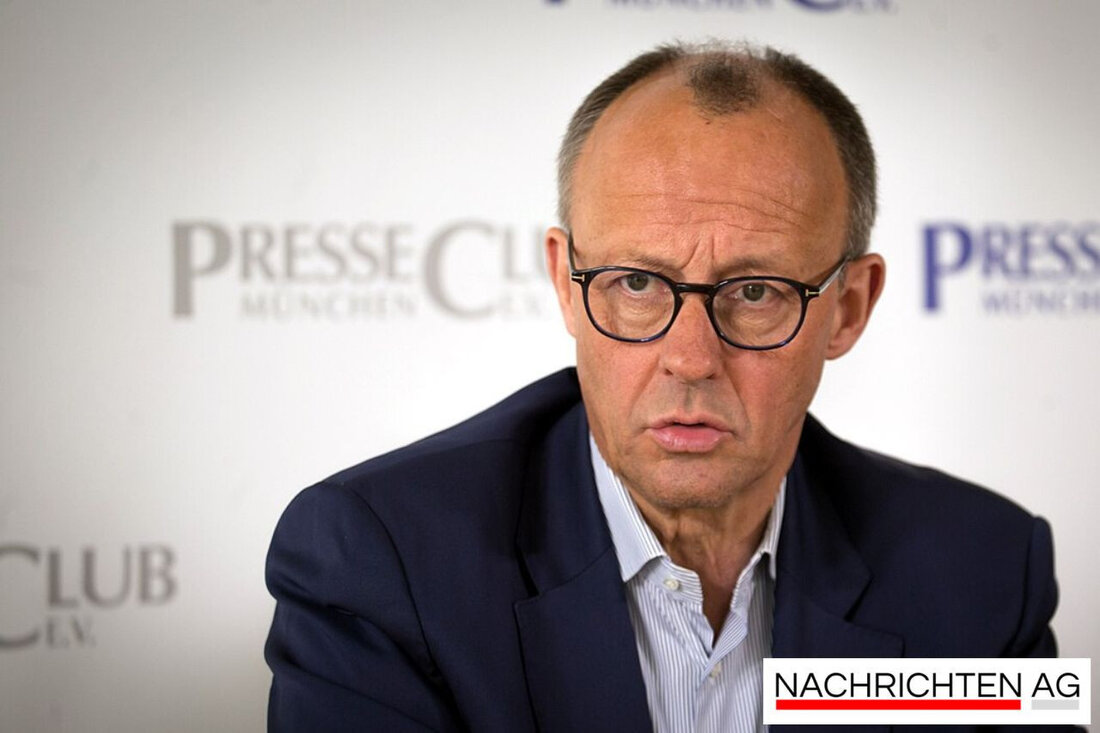EU imposes harsh tariffs on Russian animal feed and fertilizer!
In Luxembourg, the EU decides on new tariffs on Russian fertilizers to support Ukraine and ensure food security.

EU imposes harsh tariffs on Russian animal feed and fertilizer!
On June 15, 2025, the EU decided on new tariffs on agricultural products and fertilizers from Russia and Belarus. The decision was taken during a meeting of member states in Luxembourg, where a majority of delegates agreed. The European Parliament had previously given the project the green light. The aim of these measures is to make it more difficult to finance Russia's war of aggression against Ukraine. Mercury reports, that the new tariffs will particularly affect sugar, vinegar, flour, animal feed and fertilizers based on nitrogen and urea.
The EU imported around a quarter of its fertilizers from Russia in 2023, with a total value of 1.28 billion euros. An increase in fertilizer imports has already been recorded for 2024, underlining the need for these measures. The tariff increases will be introduced gradually over a period of three years: from July 2025, the new tariff rate will be between 40 and 45 euros per ton and is expected to rise to 315 to 430 euros per ton by 2028.
Goals of the new tariffs
The EU Commission is pursuing several goals with the additional tariffs. An important concern is to reduce dependence on imports from Russia and Belarus. The current tariff rate was considered too low and did not represent an effective barrier to trade. Therefore, the new duties are intended to ensure that domestic producers are encouraged and the European fertilizer industry is supported to mitigate possible price increases. The proposals would impose higher taxes on certain nitrogen-containing fertilizers and agricultural products. Tagesschau reports.
Another aspect is ensuring food security in the EU. The transit of Russian products through the EU to third countries will remain unaffected by these new measures to ensure stable supplies in the global food supply chain. The EU also agreed on a tough stance towards Russia in a telephone conversation with the USA and is planning further sanctions packages that also include the energy and financial sectors.
Political reactions
Chancellor Friedrich Merz and other European heads of state and government have already threatened tougher sanctions if Russia's brutal air strikes on major Ukrainian cities continue. Approval for the new customs measures requires the support of 15 of 27 EU states, which together represent at least 65 percent of the EU's total population. This reveals a considerable political weight behind the measures.
With these new tariffs, the EU not only wants to limit Russia's financial resources for waging war, but also significantly reduce its own dependence on Russian agricultural imports. Given the volatile geopolitical situation, this is a step towards greater economic independence and stability in the region.

 Suche
Suche
 Mein Konto
Mein Konto